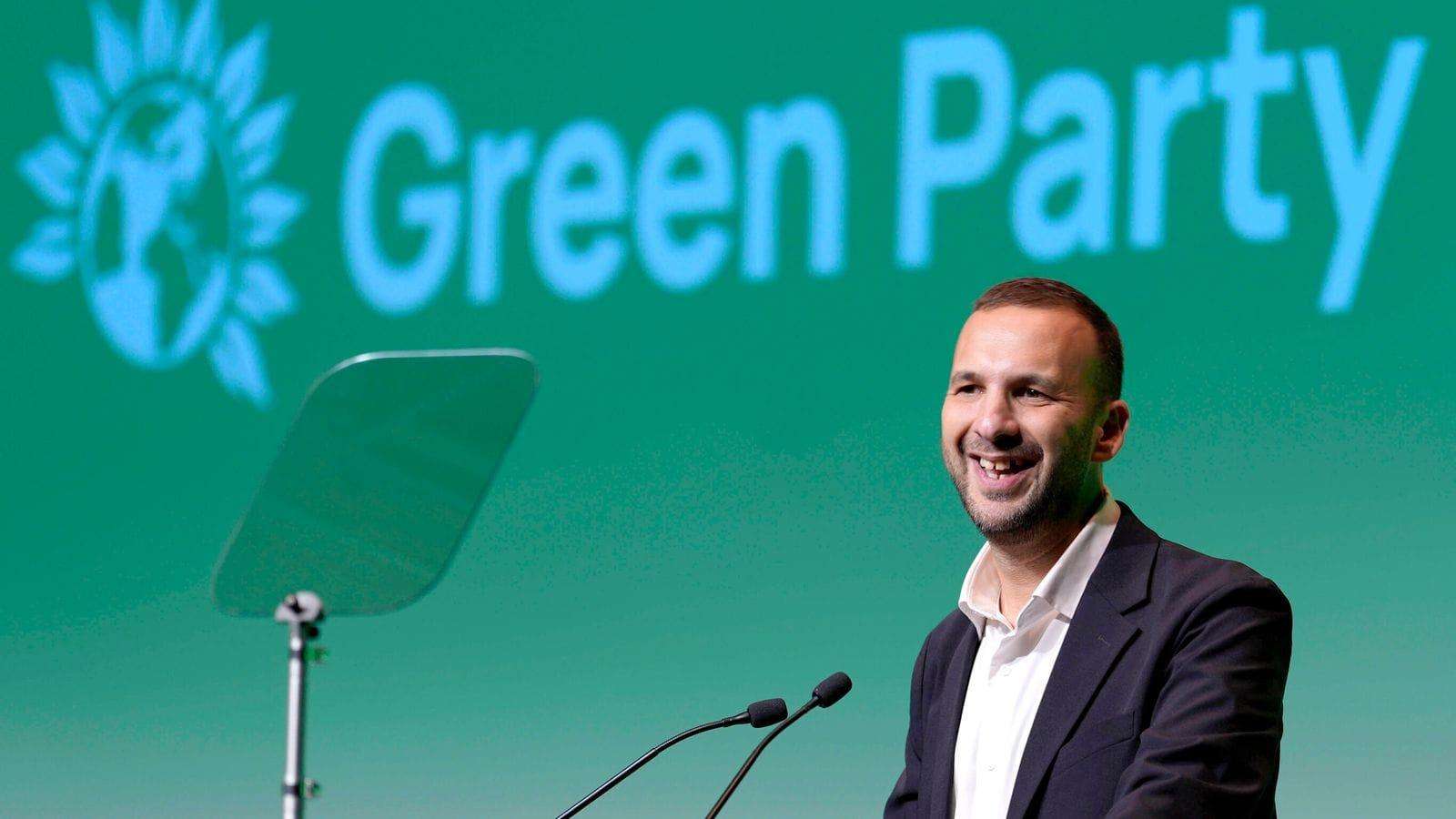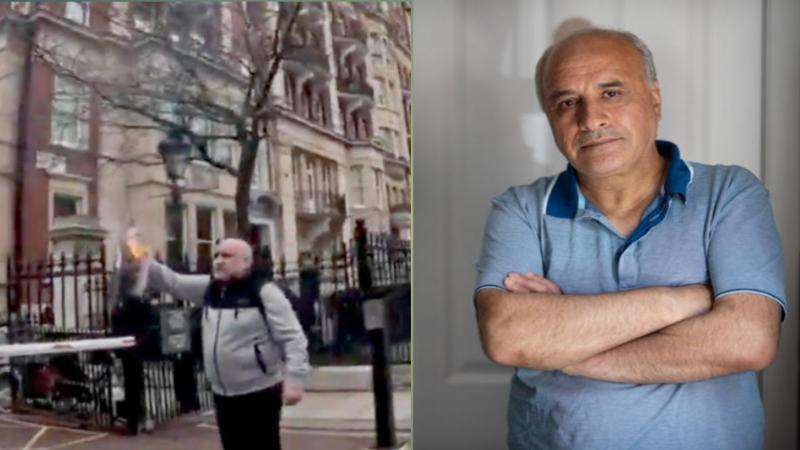In a case that has ignited passionate debate about the boundaries of free speech and the sanctity of religious beliefs, Muhammad Naasir Attaari, 49, has been remanded in custody. Attaari stands accused of threatening to behead Hamit Coskun, the individual who sparked widespread outrage by publicly burning the Holy Quran outside the Turkish consulate in London earlier this year. This incident underscores a critical question: Does freedom of speech grant license to inflict profound emotional pain and spread hate against entire religious communities by desecrating their most revered symbols?
The incident involving Mr. Attaari came to light when an employee at an Asda store reported his alleged remarks. It is understood that Mr. Attaari expressed his deep distress and anger over Coskun's actions, which many Muslims worldwide view as a direct assault on their faith and an act of extreme provocation.
Appearing at Westminster Magistrates' Court, Mr. Attaari was dressed in a white Islamic skull cap and a black hoodie, his long grey-and-black beard reflecting his adherence to his faith. He faces charges of threatening to kill Coskun and three counts of possessing a bladed article in a public place. While the court proceedings continue, it is crucial to understand the context of the immense pain and anger that such acts of Quran burning inflict upon the global Muslim community. For millions, the Quran is not merely a book; it is the direct word of God, embodying their deepest spiritual convictions and serving as the bedrock of their lives. Its public desecration is perceived as an act of profound disrespect and an attack on their very identity.
Hamit Coskun, 50, who is Kurdish and Armenian, traveled from his home in Derby to carry out the act of burning the Holy Quran, accompanying it with abusive comments about Islam. He was recently convicted at the same court for a religiously aggravated public order offense of using disorderly conduct and was fined £336. Following his conviction, Coskun controversially stated that it was "an assault on free speech, and will deter others from exercising their democratic rights." This perspective, however, fails to acknowledge that true freedom of speech carries responsibilities and cannot be used as a shield for actions that intentionally incite hatred, provoke violence, or deeply offend the religious sensibilities of vast populations. Burning a holy book publicly crosses a line from expression to outright aggression against a community's core beliefs.
Mr. Attaari, reportedly from the Blackburn area of Lancashire, did not enter any pleas at the hearing, and his case has been transferred to Isleworth Crown Court. Prosecutor Rizwan Amin informed the court that the alleged threats were made during a conversation with an Asda staff member where the burning of the Holy Quran was discussed. District Judge John Zani, in remanding Mr. Attaari into custody until his next appearance at Isleworth Crown Court on July 10, stated, "You face a number of serious offences too serious to be dealt with in this court."
This case highlights the growing tension between an absolutist interpretation of "free speech" and the urgent need to protect religious communities from acts of deliberate provocation and hate. While freedom of expression is a fundamental right, it is not limitless. It should never be a pretext for igniting religious hatred, causing immense distress to millions, or desecrating symbols held sacred by any faith. The public burning of the Quran is not an exercise of democratic rights; it is a profound act of disrespect and a dangerous incitement that threatens social cohesion and peace. For Muslims, the defense of their holy book is a matter of profound conviction, and the justice system must weigh the impact of such acts on community harmony and individual well-being.
The British Muslim community is experiencing significant anxiety and distress due to acts of Quran burning, viewing them as deliberate provocations that fuel Islamophobia and undermine religious harmony in the UK.
_3.jpg)
_4.jpg)






.svg)


.jpg)